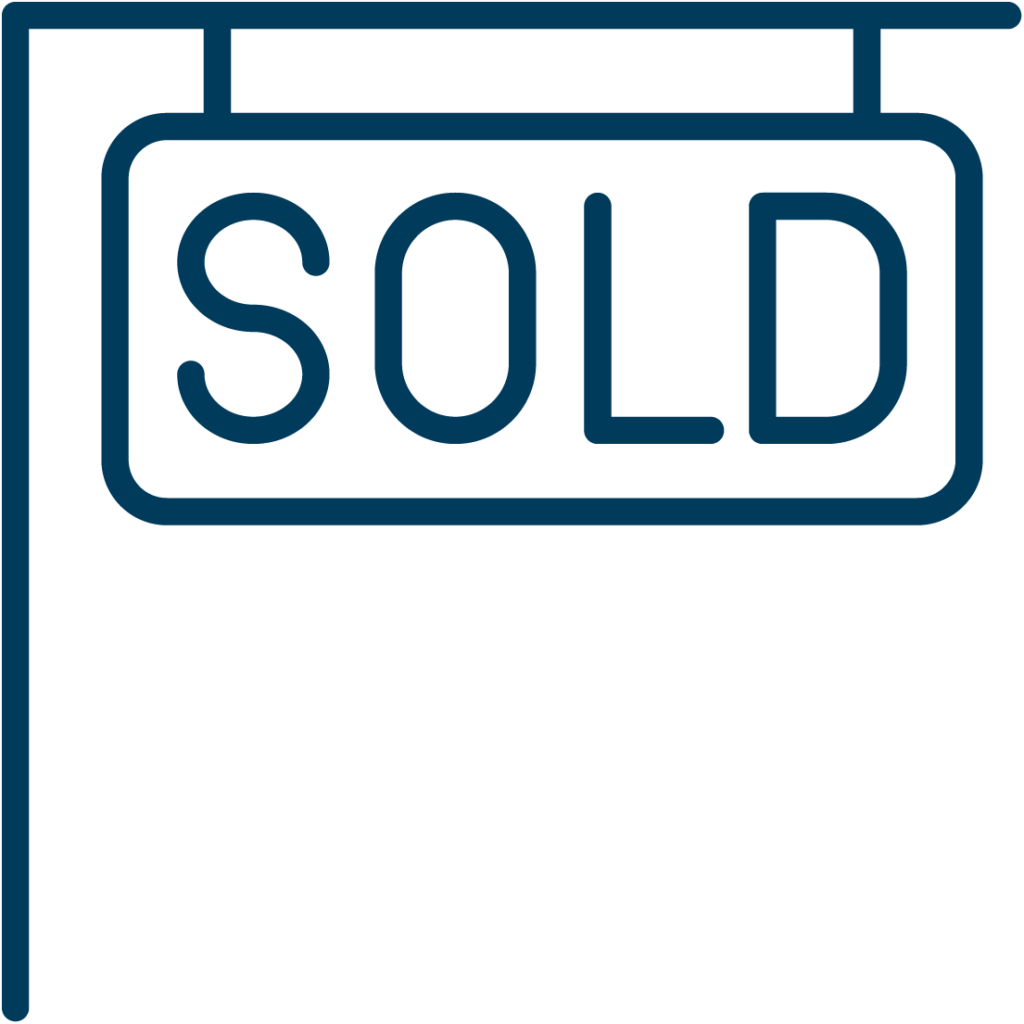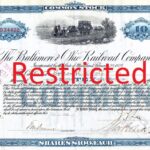This quiz was designed to test your knowledge of buying an existing small business. Are you ready to put your knowledge to the test?
When it comes to buying an existing business, I would recommend that you consider buying my book:
Buying Or Selling A Small Business
What You Need To Know Before You Buy Or Sell
Buying Or Selling A Small Business is a wisdom-packed book that was written for the entrepreneur either considering buying someone else’s business or selling their existing business. Throughout the text, there are links to exclusive streaming videos from experts in Merger and Acquisition (M&A) space as they comment on key aspects and provide valuable insight based on their professional experiences with buyers and sellers.
In the book, the author describes six different ways to value an existing business. Learn the real reasons sellers sell and buyers buy businesses. As a seller, discover techniques to maximize value while as a buyer, learn about all the different forms of payment and financing options to make your purchase. Discover how the terms of the deal can be more important than the actual sale price when it comes to taxes both for the buyer and seller.
As a serial entrepreneur, the author has built, bought, and sold several companies for huge profits using the techniques described in this book. Buying Or Selling A Small Business is a concise and easy to read guide, packed with solid advice that will help you avoid costly mistakes when buying or selling a business.
Some people quickly discount buying someone else’s business because they think the owner wouldn’t be selling it if it was such a good business. Here is a quick video of two prominent CEOs of business brokerage firms explaining the top reasons sellers decide to sell their business.
When you buy an existing business, you are buying a business that has a system, employees that know their job, and customers that know you exist. That is why, if done properly, buying an existing business is the least risky option when you want to become a business owner.
Another reason you should consider buying an existing business is related to the ability of the seller to carry back a note or to structure the deal in such a way that the seller gets paid out of the profits of the business vs. one large upfront payment.
When it comes to buying a business, I recommend finding and using a business broker. They cost you nothing and their services are paid by the seller only when you make the purchase. I like to think of the business broker as a real estate agent. They understand not only the industry and the location but also the process. To top it off, they are free for you, the buyer.
Here are a few posts that provide more information you should know if you are considering buying an existing business.
The Process
When an owner has a business they want to sell, they generally produce a one-page ad that speaks about the opportunity without disclosing the business by name. If after reading this one-page ad you want to know more about the business opportunity, you generally contact the phone number/email on the ad or the listed broker and express your interest to learn more about the offering. Frequently, you will be asked to sign a Non-Disclosure Agreement (NDA) or Confidentiality Agreement at this point. Here is a sample of a confidentiality agreement used when buying a business.
Sample Confidentiality Agreement – Business Purchase
Once the seller verifies your intent, they often provide you with a numbered copy of some kind of Confidential Business Review document which is a kind of a business plan, tailored to provide enough additional information, to convince you to make an offer. Here is an outline of a Confidential Business Review document I have used and shared when I teach people how to sell their business.
Confidential Business Review Outline
While it is no longer current, I still use a business valuation document, formally produced annually by Inc Magazine, to determine the best valuation methods to use.
Inc. Magazine Business Valuation.
I also summarized the 6 typical business valuation methods in the following paper.
Provided that the Confidential Business Review document has convinced you that you want to place an offer, you may have to decide whether to make an offer as an asset purchase or as a stock purchase. Here is a quick video from a very prominent CEO of a CPA firm that specializes in Merger & Acquisitions (M&A), describing the difference between an asset and a stock purchase.
To make an initial offer, you submit what is known as a letter of intent. Just like when you buy a house, making an offer is not binding but gives the seller a basic idea of what you are willing to offer, provided all their claims are verified. Here are two sample letters of intent that you can download depending on which method of purchase you choose:
If the seller accepts your letter of intent, the next step is to perform a proper due diligence. When I sold my first business to a publicly held company, I benefited from the extensive resources of a pool of in-house lawyers to help me draft a VERY comprehensive due diligence checklist. While it may be too much for most small business purchases, you can download it and edit it as you see fit.
If at the end of your due diligence effort and assuming everything that the seller has disclosed checks out and you want to move forward with the acquisition, you will need to prepare a Definitive Purchase Agreement. Here is a Sample Purchase Agreement Outline.
Sample Purchase Agreement Outline
Finally, you may want to check out the path of this navigator that looks at what it takes to buy a business and get a buyer’s prospective.
















